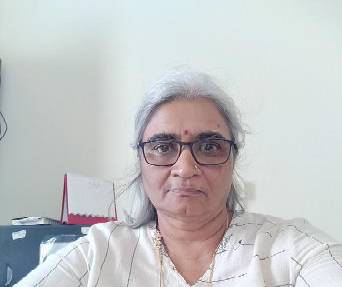


Dr. Mala Ramanathan in Thiruvananthapuram
Severe acute respiratory syndrome coronavirus 2-SARS-CoV-2 went from a very vague presence in my consciousness in mid-January to an everyday reality in Thiruvananthapuram, Kerala, India by the second week of March 2020. The arrival and treatment of 3 medical students from Wuhan, China in Kerala by the first week of February and their treatment and recovery lulled my sensibilities a bit as I had seen the state combat with phenomenal competence the Nipah virus epidemic in northern Kerala in May 2018 from close quarters. That is why I was a bit startled when by mid-March the health facility where I work had a doctor test positive for the virus. The Kerala state’s public health response to this event and the institutional arrangements were swift and rigorous. Quarantine for those who were exposed and quarantine and testing for those who were labelled high risk were some of the immediate measures taken. The whole country subsequently went into a lockdown by March 24 and even as I write, the lockdown has been extended up to May 17 2020.
At the public health school where I work, most of us found ways to continue to work either from home or come to our workplace by keeping to the curfew-like regulations implemented by the police which allowed those working in health institutions to travel. It has been a strange time working through this phase. I continued to teach using online mechanisms and wrote up a research proposal in what seems like a very short time. As the Member Secretary of the Institutional Ethics Committee, I worked with other members to develop addendums to existing Standard Operating Procedures to undertake reviews when the committee could not meet in person. I find that the working has been intense and concentrated.
As I watched the death toll rise across countries and then across states in India, I reached out to friends and family trying to keep in touch, keep each other in good cheer and exchanging news of what was happening in our lives. What was earlier a chore, became a daily need to hold on to, an activity that helps to maintain a sense of control over circumstances that change daily with the only reality being keeping up with it. I am training myself to continue with both my professional and domestic activities with a rigid regime that helps to regain control over what seem to be multiple uncertainties. It may be a bit obsessive, but that has become my new normal. As I realise that we all will have to learn to live with the virus until options to arrest it are found, obsessive adherence to regulatory hygiene requirements may become the new everyday normal.
* Mala Ramanathan, Associate Professor, AMCHSS, SCTIMST, Kerala, India, Visiting Faculty, CBEC